Keywords: Tax Concessions
-
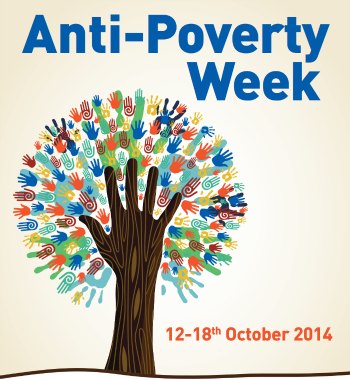
AUSTRALIA
- John Falzon
- 13 October 2014
35 Comments
During Anti-Poverty Week we're asked to take the side of the people who are made to feel like they are nothing. We join those of us who believe in working towards the kind of society where vulnerability is respectfully shared and supported rather than brutally exploited. We believe that humanity will win against humiliation.
READ MORE 
-
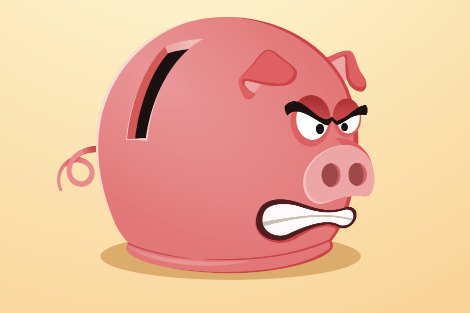
ECONOMICS
- Brian Toohey
- 11 June 2014
15 Comments
The superannuation industry inhabits a cosseted world in which the money pours in thanks to a combination of government compulsion and tax concessions. The foundations of this empire are criticised for how the tax concessions create an expensive form of upper class welfare, and for the harmful effect of compulsory super's artificial expansion of the finance sector. The Abbott Government shows scant concern about either aspect.
READ MORE 
-

AUSTRALIA
- Brian Lawrence
- 30 May 2014
2 Comments
There may be debate about whether the current Family Tax Benefit, Part B is adequate recognition of the economic and social value of domestic child care. But there is no doubt that the $5.75 per week proposed in the recent Budget would drive low paid families deeper into poverty. The side issue of whether Howard or Keating was the father of the threatened payments could impact on post-Budget strategies and positions in the Senate.
READ MORE 
-

AUSTRALIA
The Budget was one of most vicious attacks on ordinary people that we have seen in recent Australian history. We are not in the throes of a fiscal crisis but if we embark on this treacherous path we will be staring down the barrel of a social crisis. But we have a secret weapon. It is called solidarity. Even though we name it openly and proudly, it remains a secret weapon because those who do not practise it can never understand it.
READ MORE 
-

ECONOMICS
The 2014 Federal Budget has created a new hierarchy of virtue in Australian society, with well off investors deemed to be good and the disadvantaged bad. It is not so much class war as a war between capital and the rest of society. Those wielding significant capital are useful, while those who can save little, and have little to invest, are considered a burden.
READ MORE 
-
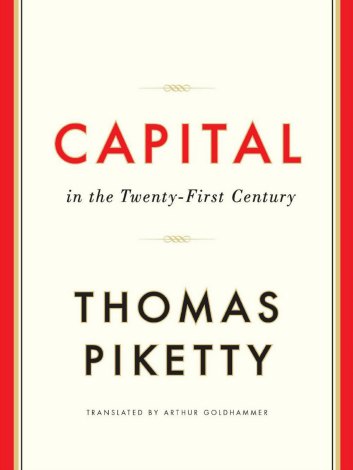
ECONOMICS
- Fatima Measham
- 07 May 2014
16 Comments
French economist Thomas Piketty argues that current conditions have set us on track for a return to 19th century-levels of inequality. The Commission of Audit proposals suggest that the auditors and the Government are keen to expedite this neo-Dickensian era. It's all done in the name of 'incentives' toward 'personal responsibility', but this cannot remain coherent in the face of those who will be hit hard by the proposed suite of cuts and co-payments.
READ MORE 
-
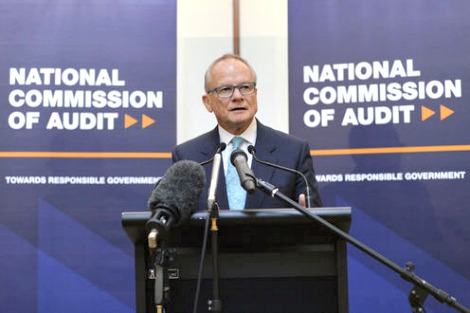
AUSTRALIA
- Michael Mullins
- 05 May 2014
17 Comments
The National Commission of Audit believes spending cuts that produce a balanced Budget will make us all better off because we will have a stronger economy and more jobs. But Pope Francis is skeptical about such 'trickle-down' economic theories, which express 'a crude and naive trust in the goodness of those wielding economic power'.
READ MORE 
-

ECONOMICS
In politics, one should never opt for a balanced and thoughtful description of the truth when wild exaggerations will do. Especially when you want to take from the poor and give to, if not exactly the rich, at least the investor class. The dire pronouncements from the Abbott Government in response to the Commission of Audit's 86 recommendations reflect not only the PM's relentless negativity, but also more than a whiff of class war.
READ MORE 
-

AUSTRALIA
- Michael Mullins
- 07 April 2014
7 Comments
Federal Treasury secretary Martin Parkinson has called on the Government to increase the GST. In isolation this would hurt the poor and benefit the rich. But it could help the common good if it is part of a tax reform package that cuts tax avoidance strategies for high income earners, including superannuation concessions, negative gearing and trusts.
READ MORE 
-

AUSTRALIA
- John Falzon
- 27 March 2014
16 Comments
I reject the dystopian vision of an Australia where people experiencing poverty are made to endure expenditure cuts while the people who have the least need for assistance enjoy overly generous tax concessions. From time to time someone comes out of the woodwork and accuses me of being a communist but that's the least of my worries. What worries me is the myth that people living in poverty are to blame for their own situation.
READ MORE 
-
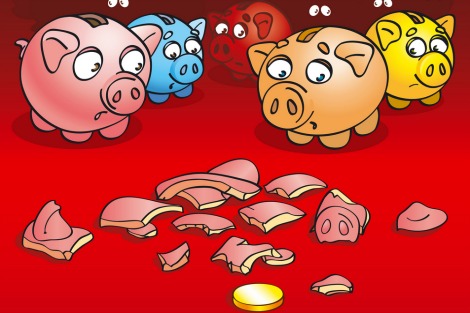
ECONOMICS
- Bruce Duncan
- 04 February 2014
14 Comments
The budget problems are not caused by Newstart or disability pensions, which have been declining as a proportion of economic activity. Had the Howard Government not been so generous with its tax cuts to upper and middle income groups, there would today be no budget deficit.
READ MORE 
-

AUSTRALIA
- John Falzon
- 16 January 2014
1 Comment
Kevin Rudd says we need a 'new politics' or a 'new way'. Tony Abbott says we'll only get a new way by electing a new government. What is missing in both statements is the recognition that what we actually need is a new kind of economic democracy: a reconfiguration of our economic prioritising away from individualism towards the common good, and towards the participation of all rather than the exclusion of many.
READ MORE 